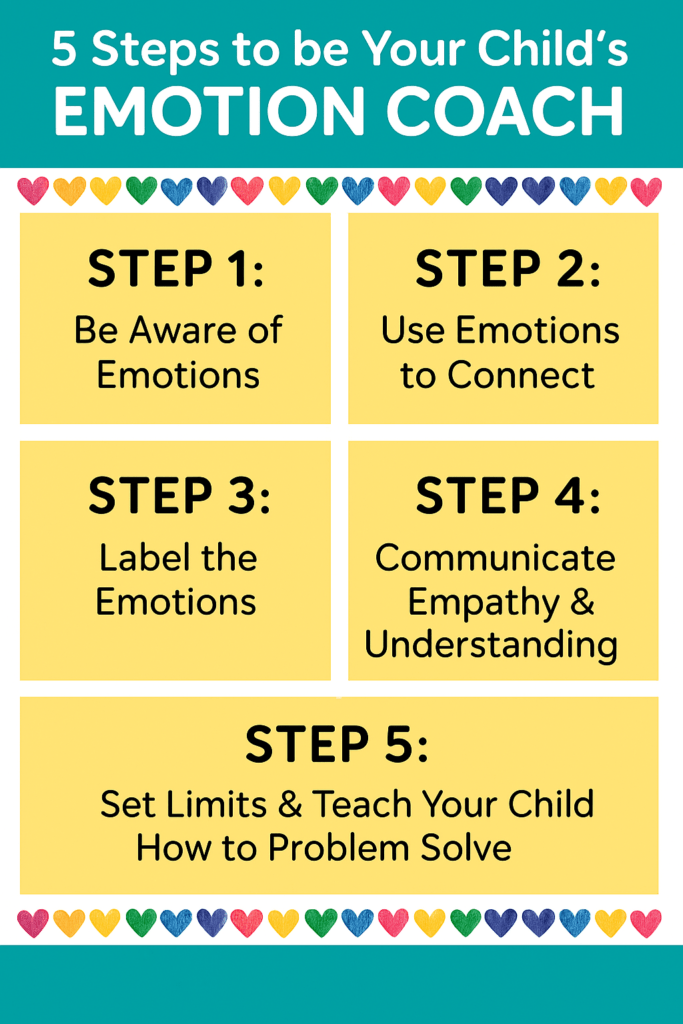Every parent wants their child to behave well, but tantrums and defiance can make discipline feel like a battlefield. What if there’s a discipline trick pediatricians swear by that’s gentle, effective, and rarely discussed? This game-changing method, rooted in child psychology, helps parents guide behavior without yelling or punishment. In this post, we’ll uncover this secret, share why it works, and provide actionable steps to try it at home.

Why Traditional Discipline Falls Short
Traditional methods like timeouts or strict rules often backfire. According to the American Academy of Pediatrics, harsh discipline can increase stress in children, leading to worse behavior. The discipline trick pediatricians recommend focuses on connection over correction, fostering long-term emotional growth.
The Problem with Punishment
- Short-term fix: Punishment stops bad behavior momentarily but doesn’t teach self-regulation.
- Emotional disconnect: Yelling or isolating kids can harm trust.
- Missed learning: Kids need guidance, not fear, to understand right from wrong.

The #1 Discipline Trick Pediatricians Swear By
The secret? Emotion Coaching. This pediatric discipline trick involves naming and validating a child’s feelings while guiding them to better choices. Instead of saying, “Stop crying!” you say, “I see you’re upset because you can’t have the toy. Let’s find a way to feel better.”
Why Emotion Coaching Works
- Builds emotional intelligence: Kids learn to identify and manage feelings.
- Strengthens trust: Validating emotions shows kids you’re on their side.
- Reduces tantrums: A 2019 study in Pediatrics found emotion coaching cuts tantrums by 30% (Pediatrics Journal).
Real-World Example
Sarah, a mom of a 4-year-old, struggled with daily meltdowns. After learning this discipline trick pediatricians use, she started naming her son’s emotions: “You’re mad because we’re leaving the park. That’s okay—let’s plan something fun at home.” Within weeks, tantrums dropped, and her son began expressing feelings calmly.
How to Use This Pediatric Discipline Trick at Home
Ready to try this discipline trick pediatricians love? Follow these steps:
- Pause and Observe: Notice your child’s emotions without reacting. Are they angry, sad, or frustrated?
- Name the Feeling: Say, “You seem upset because…” This validates their experience.
- Offer Comfort: A hug or kind tone shows you’re there for them.
- Guide to Solutions: Suggest alternatives, like, “Let’s draw how you feel or pick a new activity.”
- Reinforce Positivity: Praise good choices to encourage repeat behavior.
Tips for Success
- Stay calm: Your tone sets the stage.
- Be consistent: Use this trick daily for lasting results.
- Adapt to age: For toddlers, keep it simple; for older kids, discuss solutions.

Common Mistakes to Avoid
While this pediatric discipline trick is powerful, pitfalls can derail progress:
- Dismissing feelings: Saying “It’s not a big deal” invalidates emotions.
- Rushing solutions: Let kids process feelings before problem-solving.
- Inconsistency: Sporadic use confuses kids.
Pro Tip
Practice emotion coaching during calm moments, like bedtime chats, to build skills before tantrums hit.
Why This Discipline Trick Stays Under the Radar
Emotion coaching isn’t flashy, and it requires patience, which is why it’s not as hyped as timeouts or reward charts. Yet, pediatricians know it’s the gold standard for fostering well-adjusted kids. By focusing on connection, this discipline trick pediatricians endorse creates happier homes.
Conclusion: Transform Your Parenting with This Discipline Trick
The discipline trick pediatricians swear by—emotion coaching—can revolutionize how you handle child behavior. It’s simple, science-backed, and builds stronger bonds with your kids. Start small, stay consistent, and watch tantrums fade while confidence grows.



























